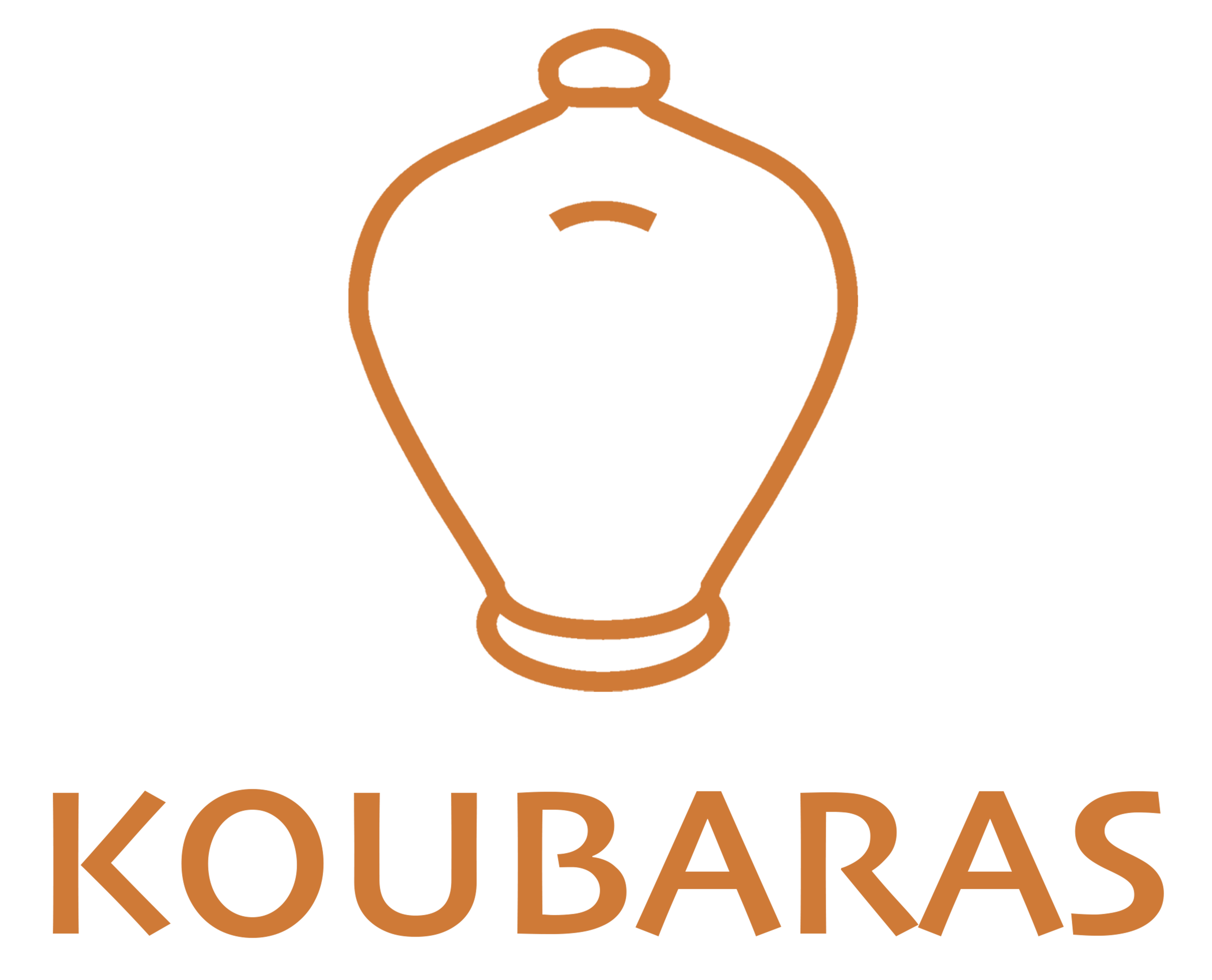There has been a lot of discussions regarding democratic versus participative management dilemma during the last couple of decades to say the least! The current generation of managers and to a large extent the previous one too is proud to have abandoned the autocratic management styles of the older ones. They boast that, in this way, they have managed to motivate people, to increase productivity and to a large extent to increase the capacity of their organizations to motivate.
For sure, democratic management has a lot to offer. However, it does not always represent the right approach. Democracy is good for decision making. This is so because in democracies everybody has the right to offer ideas and opinions. And it even goes further than that. In true democracies this is even an obligation. One has to participate too. And if one does not do so, one does not have the right to complain afterwards… Democratic management therefore allows organizations to make good decisions. In this sense, it allows them to be effective, meaning to do the right things. Decision making is not the only thing that organizations do however. Organizations need to implement too!
Democracies are good for decision making but they are not that good in implementation. And this is so because one cannot do and discuss at the same time. Implementation has to be silent. Discussions during implementation end up in endless discussions and poor or no deliverables. And there, autocratic management takes the lead. Autocratic management therefore makes the organization efficient, which means it makes them do things right. It makes the organization swifter and faster.
Which style of management would a manager need to adopt would be a million dollar question! Despite the conflict that such an approach introduces, a manager should be democratic during decision making and autocratic during implementation. That may sound easy but it is not. First of all, it is difficult to draw a red line between decision making and implementation. Even if that would be possible in some way however, there are still a lot of nuances. The weight that each of the styles has to be exercised strongly depends on the stage of the lifecycle that the organization is in. Simply one would not expect a startup to be as democratic as a mature organization. It would simply run out of fuel during decision making…
